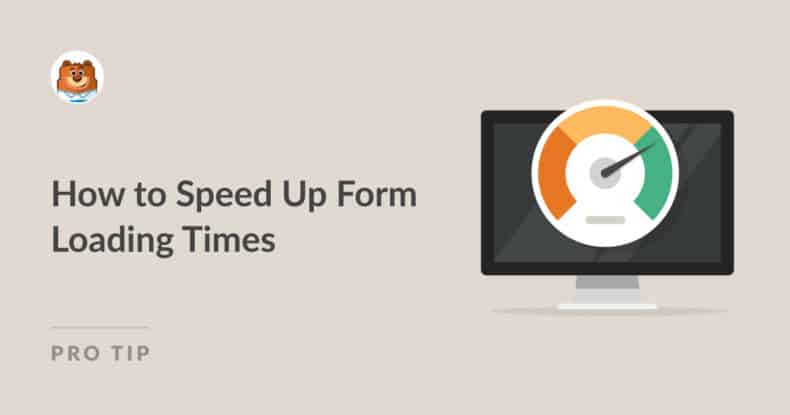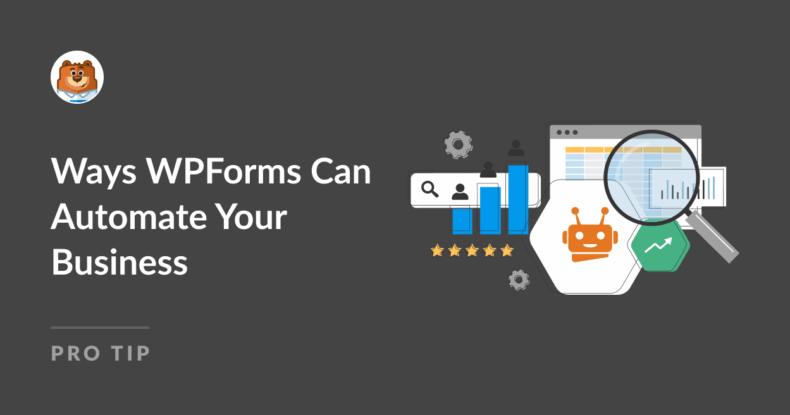AI Summary
“Patience is a virtue, and a virtue won’t hurt you…”
You’ve probably heard that one before. And sure, a virtue won’t hurt you. But impatient visitors and slow-loading forms? Those can definitely hurt your website.
I’m talking lost leads, frustrated users, and missed opportunities, all because your form took a few seconds too long to show up. These days, people expect things to load fast. If your form doesn’t keep up, folks are gone before you get a chance to connect.
Luckily, it’s super easy to speed things up! In this post, I’ll walk through a few simple tips to improve your form loading speed and keep your visitors engaged (and converting).
How to Speed Up Form Loading Times
1. Use a Lightweight, Reliable Plugin (like WPForms!)
Not all form builders are created equal. Some come with bloated code that slows everything down. WPForms is built for speed and performance, so your forms load lightning fast, even with tons of entries or features.
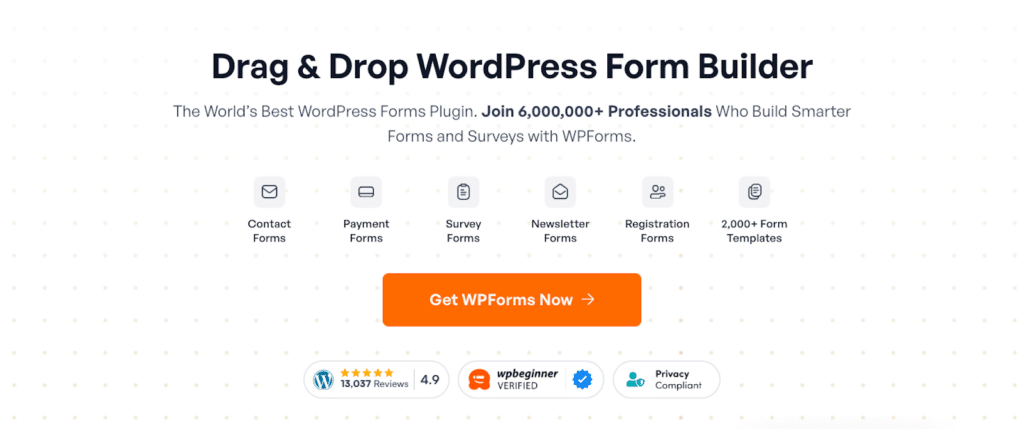
Plus, WPForms integrates beautifully with caching and speed optimization tools. And since it’s optimized for form loading speed right out of the box, you don’t have to be a developer to see real improvements.
Speed Up Your WordPress Form Now
2. Keep Form Design Simple
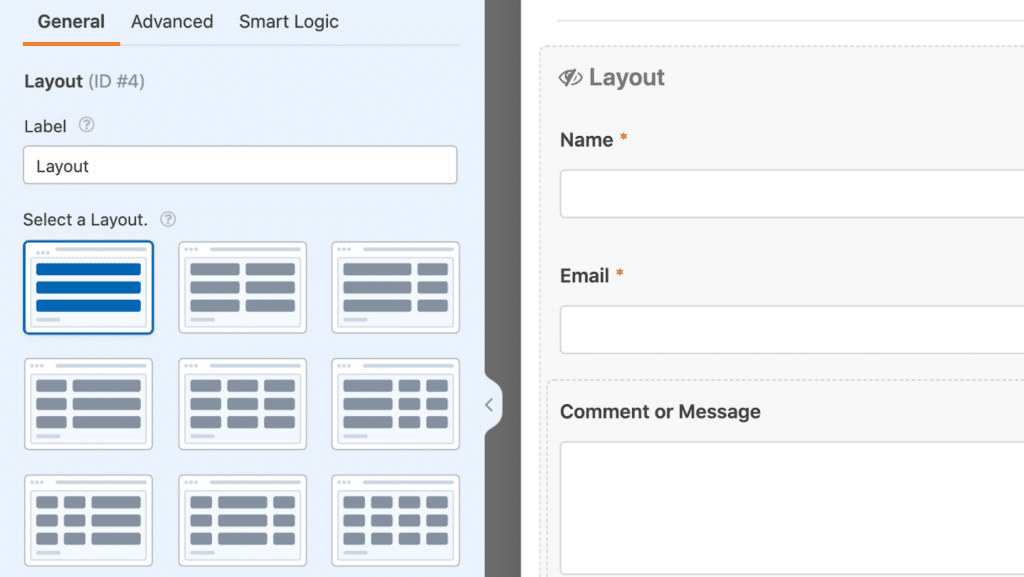
Sleek and simple forms are not only faster, they’re easier to use. Here’s how to simplify:
- Limit the number of fields to just what you need
- Stick to clean, minimal styling
- Consider a one-column layout
Remember, the less your form has to load, the faster it will be ready for your visitors. Cluttered forms not only slow down loading, but they can also overwhelm users and reduce completion rates.
3. Avoid Using Large Images in Forms
Images can look great, but they’re also one of the biggest culprits behind slow load times.
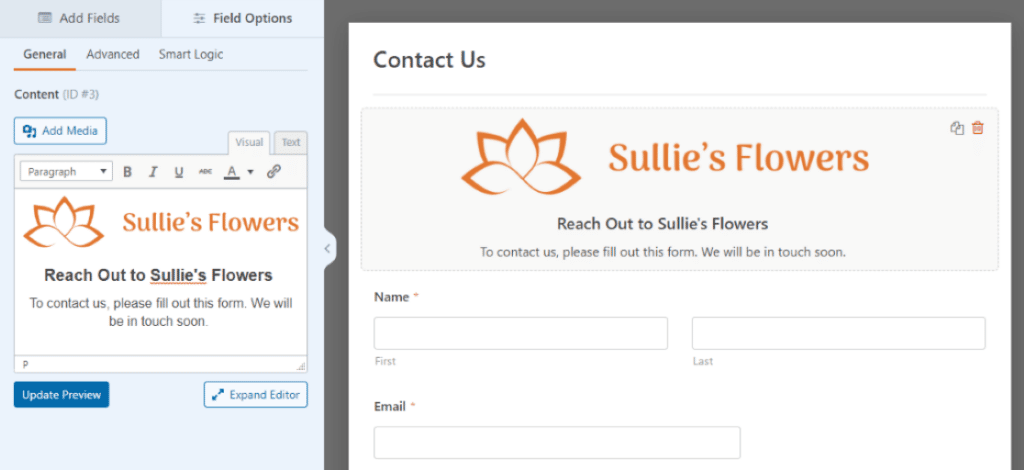
If you’re using logos, icons, or other images in your forms:
- Compress them before use
- Stick to web-friendly formats
- Use smaller dimensions wherever possible
Better yet, keep forms mostly text-based unless visuals are absolutely necessary. I know, I know. That hurts my little branding-loving heart, too. But reducing image weight is a quick way to give your form loading speed an instant boost.
4. Embed Forms Strategically
Instead of placing forms on every page, consider embedding them only where they’re really needed. This helps keep other pages loading faster and keeps your visitors focused.
You can also use the WPForms Embed tool to quickly place your forms without extra plugins or code.

Smart placement can reduce unnecessary server requests and improve the overall loading speed of your site and your forms.
🌠 The more you know!
5. Use Lazy Loading Where Appropriate
If your form is lower down on a page, lazy loading can help. This means the form only loads when someone scrolls to it — saving load time on the initial page visit.
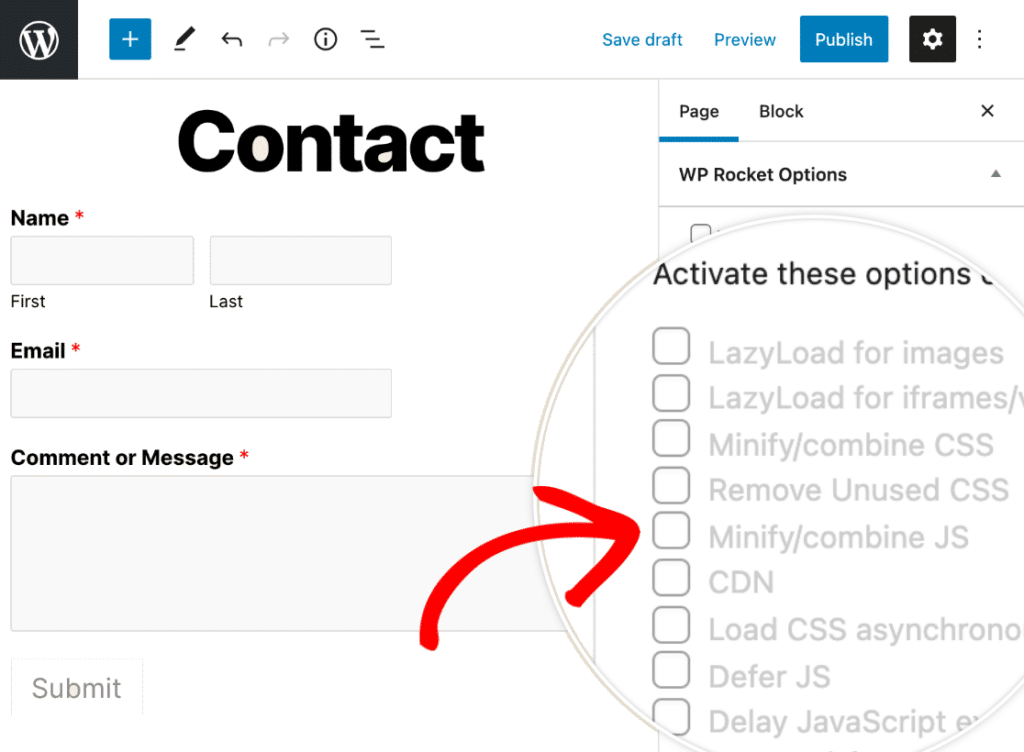
Some themes or plugins support lazy loading out of the box, or you can use a performance plugin like WP Rocket that includes it. This technique is especially helpful for long pages where form loading speed isn’t critical above the fold.
6. Enable Caching for Your Forms
Caching can make a big difference in how quickly your site and your forms load. WPForms plays nicely with top caching plugins like WP Rocket and WP Super Cache, so you can deliver snappy forms without the lag.
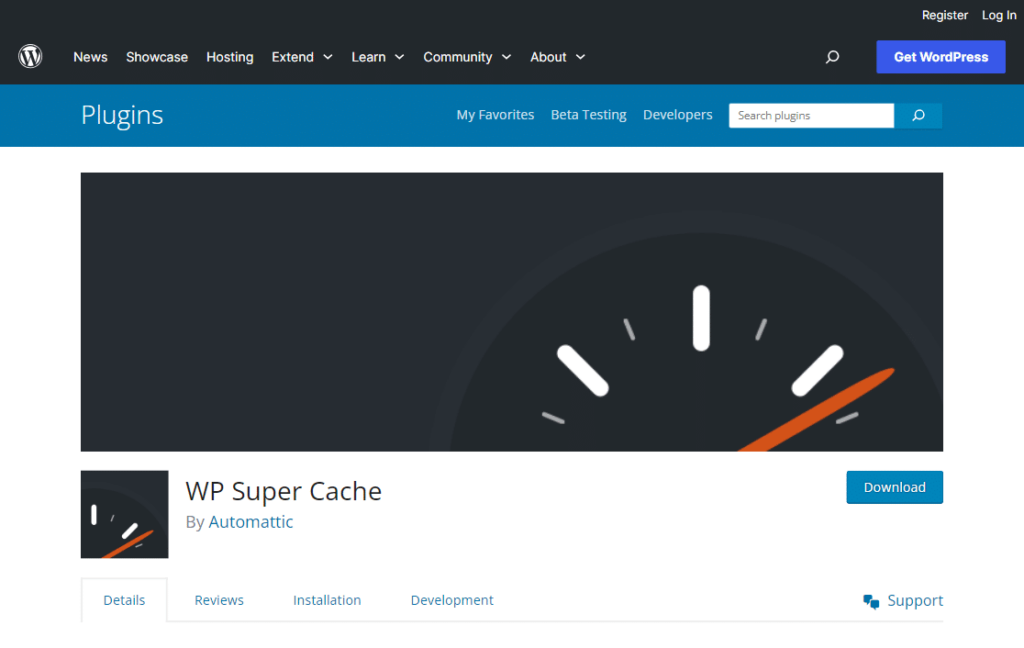
When your forms are cached properly, they load faster for repeat visitors and reduce server strain. And that’s a win for form loading speed and site stability!
Your forms are often the last step before a conversion — whether that’s a sale, a sign-up, or a message. Making sure they load quickly can mean the difference between gaining a lead or losing one. So it’s crucial that your form loading speed doesn’t stand in the way.
With a few easy tweaks (and the help of a fast, reliable form builder like WPForms), you can be sure your forms are always ready when your visitors are.
Try these tips today and see the speed difference for yourself!
Speed Up Your WordPress Form Now
FAQ
Take a look at our frequently asked questions about form loading speeds for more specific information.
Why is form loading speed important?
Form loading speed affects how quickly users can interact with your website. If a form takes too long to load, visitors may leave before it even appears. Faster forms lead to better user experiences, lower bounce rates, and higher conversion rates.
How can WPForms help improve form loading speed?
WPForms is designed with performance in mind. It uses clean, optimized code and works seamlessly with caching and speed optimization plugins. That means your forms load faster out of the box with no complicated setup required.
Can too many form fields slow down loading?
Yes — the more fields, scripts, and styling your form includes, the more it has to load. Simplifying your form’s design can help improve loading speed and make it more user-friendly.
Next, Use the Forms You Actually Need
Awesome! You now know how to improve the loading speed on the forms you use on your site. But which forms are you using, and which forms do you actually need?
You might not need as many forms as you think. But the forms you do include on your site are crucial! Take a look at our blog post covering the top forms your website needs to find out more.
Ready to build your form? Get started today with the easiest WordPress form builder plugin. WPForms Pro includes lots of free templates and offers a 14-day money-back guarantee.
If this article helped you out, please follow us on Facebook and Twitter for more free WordPress tutorials and guides.

